Shirley Robertson: Student Becomes the Teacher
Published on July 19th, 2016
Shirley Robertson made it into the history books by becoming the first British woman to win two Olympic gold medals at consecutive games, Sydney 2000 and Athens 2004.
At the Rio Games, Shirley will be working with the BBC to deliver the sailing news back to the kingdom, and here chats with Scuttlebutt editor Craig Leweck about the Olympics.
In Part 1, Shirley recalled her 1992 and 1996 Games where she came short of medaling. Here she talks about the 2000 and 2004 Games…
So it all came together for the 2000 Games in Sydney?
We were back in the heart of the city, competing again in the Europe on a really complicated venue which played into my hands. I was never one of those sailors who liked to hike out a lot, but I quite enjoyed it there. You had to be able to go from last to fourth, or you were never going to win, and I was that sort of sailor.
Plus I was quite quick. I’d worked hard on my equipment. I had a great coach. I felt comfortable at the venue. Who wouldn’t want to spend months and months training in Sydney? I didn’t feel like I really had a weakness, so it was amazing and the best moment of my entire career, standing on the medal ceremony. The steps to the Opera House with the bridge behind in the rain was, I don’t know. I’ve been to a lot of Olympics, but Sydney rocks, it really does.
I understand the Sydney Games was the first instance where you had to compete on a variety of racecourses which were all somewhat unique.
Yes, and nothing was the same. Also we were there in late September, so it was their spring, and the winds didn’t just blow down the harbour. It came from every direction and I suppose that was part of the strengths also of the British team at that point.
We had a lot of talent with the likes of Ben Ainslie, Iain Percy and Ian Walker. We had a lot of good sailors at that time and so we pooled knowledge and used it to counteract the variables. So if I hadn’t experienced an easterly on C course before I could go to our call book or I could talk to people who had experienced those conditions. You pulled a bit of strength from that.
In many ways at that time for British Sailing it was a bit of a perfect storm. We had the most exceptional talent we’ve had for a very long time, and then in 1998 we had the injection of lottery funding, and even though that wasn’t very long before the Games, it made a massive impact to all the technical sports in British Olympic sport. So, it just gave us that little jump; we all went there in pretty good shape. There was an expectation we were going to do well, and with all those things, if you were British, it made for a pretty special Games.
For Athens in 2004, it was Gold again, but this time skippering the three-person Yngling.
We were again in the city and you can’t underestimate that. You really feel part of the Olympic Games. I was a bit long in the tooth by then, and while we weren’t staying in the village, it is good to feel the buzz. As it was in Europe, there were lots of British people around which also means a lot. The Prime Minister comes to visit you which is quite nice.
Of course, you leave all that onshore; you’re there for one job. But it was a good Games even though there was lots of controversy early on in how it wasn’t going to be ready etc., etc. They built a really special marina which allowed us to be based in the heart of the city. It proved to be a challenging venue for racing. It either had that strong, random wind from the north or random-ish light wind from the south, and sometimes a bit of both in one day. But we liked it. We liked a bit of everything and we were quite fast and so tickety-boo, it all went well.
Parts 1 and 3 (coming soon) of this conversation with Shirley are linked here.


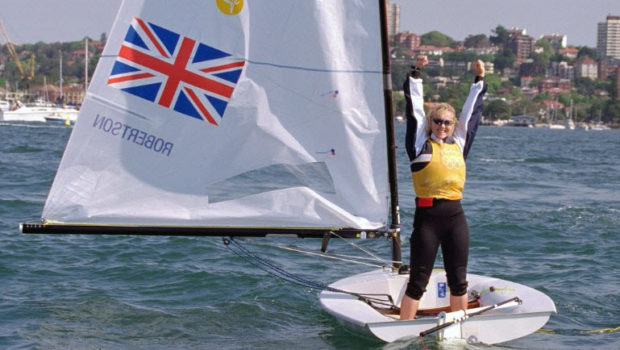
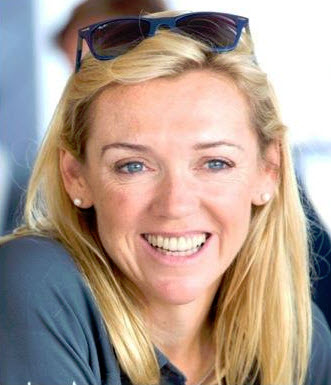


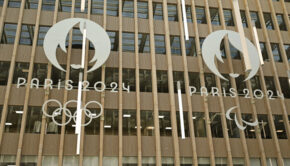
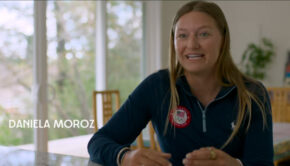
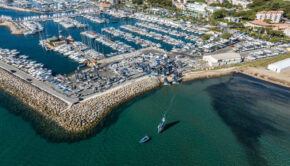
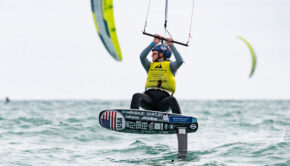
 We’ll keep your information safe.
We’ll keep your information safe.